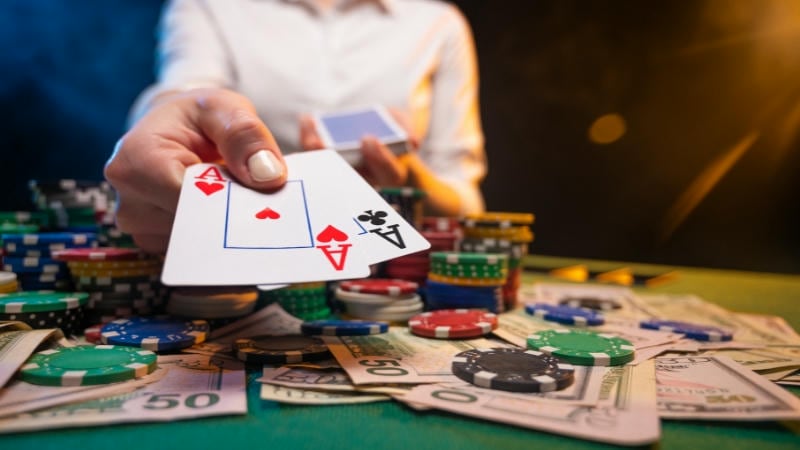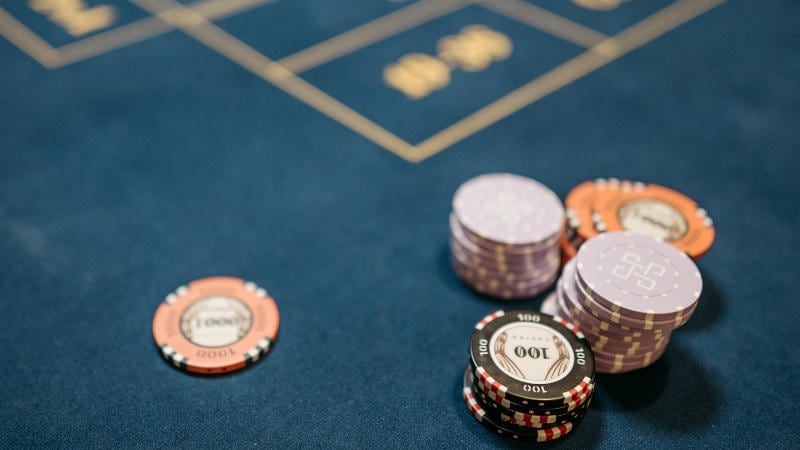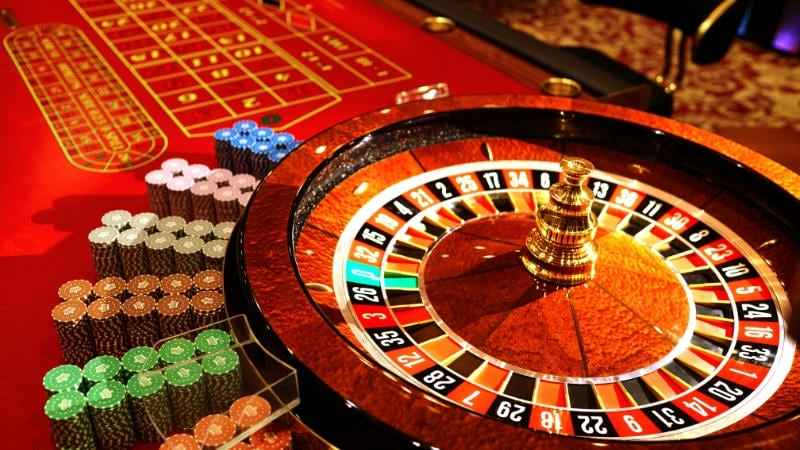When it comes to online gambling, Sports Betting vs. Casino Games is a never-ending debate. Each offers a unique approach to logic, psychology, and decision-making. At 91 Club, we understand these differences to help players make smarter, safer choices on their gambling journey.
The Game of Prediction – Logic in Sports Betting
Sports betting is a playground for logical thinkers. You’re not just rolling dice; you’re analyzing variables. Team stats, player injuries, weather conditions—every piece of information has weight. And bettors use it all.
A seasoned sports bettor might spend hours reading match previews, tracking odds, and interpreting betting lines. In fact, over 75% of experienced bettors say they rely on data and trends, not luck. Unlike a spin of the roulette wheel, sports betting lets you feel a sense of control.

This illusion of predictability creates a sharp contrast with casino gaming. When you bet on a football match, it feels like an informed choice, not a blind one. Even when luck throws a curveball—a red card, a surprise injury—it doesn’t feel like chaos. It feels like risk you can rationalize.
That’s where the logic comes in. Sports betting is a mental game, not just a numbers game. Sports Betting vs. Casino Games often comes down to this: how much control do you think you have? Bettors often enjoy the challenge of prediction, the satisfaction of being “right,” and the belief that their insight can beat the odds.
Emotional Highs – The Psychology Behind Casino Games
Casino games, on the other hand, are designed to bypass logic and plug straight into your emotions. Slot machines flash and beep. Blackjack dealers smile and shuffle. Everything is crafted to keep you in a state of arousal.
Psychologists call this “intermittent reinforcement.” It’s the same principle behind social media addiction. You don’t win every time, but when you do, the high is intense—and unpredictable. That’s what keeps players spinning the reels or doubling down on 11.
This randomness appeals to a different kind of mindset. It’s less about strategy and more about sensation. And the faster pace of casino games compared to sports betting means the emotional rollercoaster moves quicker.
In 2023, online casinos recorded an average session time of 18 minutes, compared to 6 minutes on sportsbook platforms. That’s not just a stat—it’s a sign of how emotionally gripping casino gameplay is. Players aren’t just chasing money; they’re chasing feelings. That rush, that thrill, becomes addictive in its own right.
The emotional risk is higher, too. Casino players often chase losses, led more by impulse than logic. When we compare sports betting vs. casino games, the latter is more likely to lure players into “just one more round.”

Risk Perception – Illusion vs. Reality in Both Worlds
One key psychological difference between the two forms lies in how we perceive risk.
In sports betting, the risk feels calculated. You think you’re making an educated decision—even if the odds aren’t in your favor. Bettors often believe they’re smarter than the average fan, even if the house still has the edge.
This sense of agency can be empowering—or deceptive. It gives bettors the confidence to double down on strategies, follow long-term trends, or ride hot streaks, believing success is earned, not given.
Casino gaming, however, often makes no such promise. The games are openly random. Yet paradoxically, many players still believe they can “figure out” patterns in slot machines or trust their gut at the blackjack table. Over 60% of online casino players say they use “luck rituals” to boost their chances. They rely on routines, charms, or “winning streak” tables—none of which change the math.
The truth? In both spaces, the odds are designed to favor the house. But how you feel about those odds changes your behavior. In the psychology of sports betting vs. casino games, perceived control is everything. Belief shapes behavior, and behavior drives risk. That’s the hook—and that’s the trap.
Legality and Mindset – Knowing the Boundaries Before You Play
Let’s be real: it’s not just about logic or emotions. It’s also about the law. Many users ask, Is Online Casino Legal? The answer depends entirely on where you live.
In some countries, online gambling is tightly regulated and legal. In others, it exists in a gray area, or is banned outright. That legal ambiguity affects how players approach each game type. Sports betting is often more accepted publicly and socially. Casino gaming, especially online slots or poker, still carries a stigma in many regions.

For example, the UK’s Gambling Commission licenses and oversees both sportsbooks and online casinos. Meanwhile, some U.S. states only allow sports betting while still banning online casinos.
This uneven legal landscape influences psychology, too. When people feel they’re doing something illegal or taboo, they’re more likely to hide their losses and take bigger risks. Legal transparency, in contrast, helps players set boundaries and stick to them. It creates an environment where responsible gaming is more achievable.
Knowing the law keeps the game honest. It’s not just about being safe—it’s about playing with the right mindset. Whether you’re into sports odds or roulette wheels, don’t ignore the legal status of your chosen platform. Logic, emotion, and legality all matter—and how you balance them defines the game you’re really playing.
Sports Betting vs. Casino Games isn’t just about choosing a game—it’s about how you approach risk and reward. Each playstyle activates a different mindset. With 91 Club, you have a trusted space to explore, learn, and bet wisely—whether you lean toward logic or thrill.

